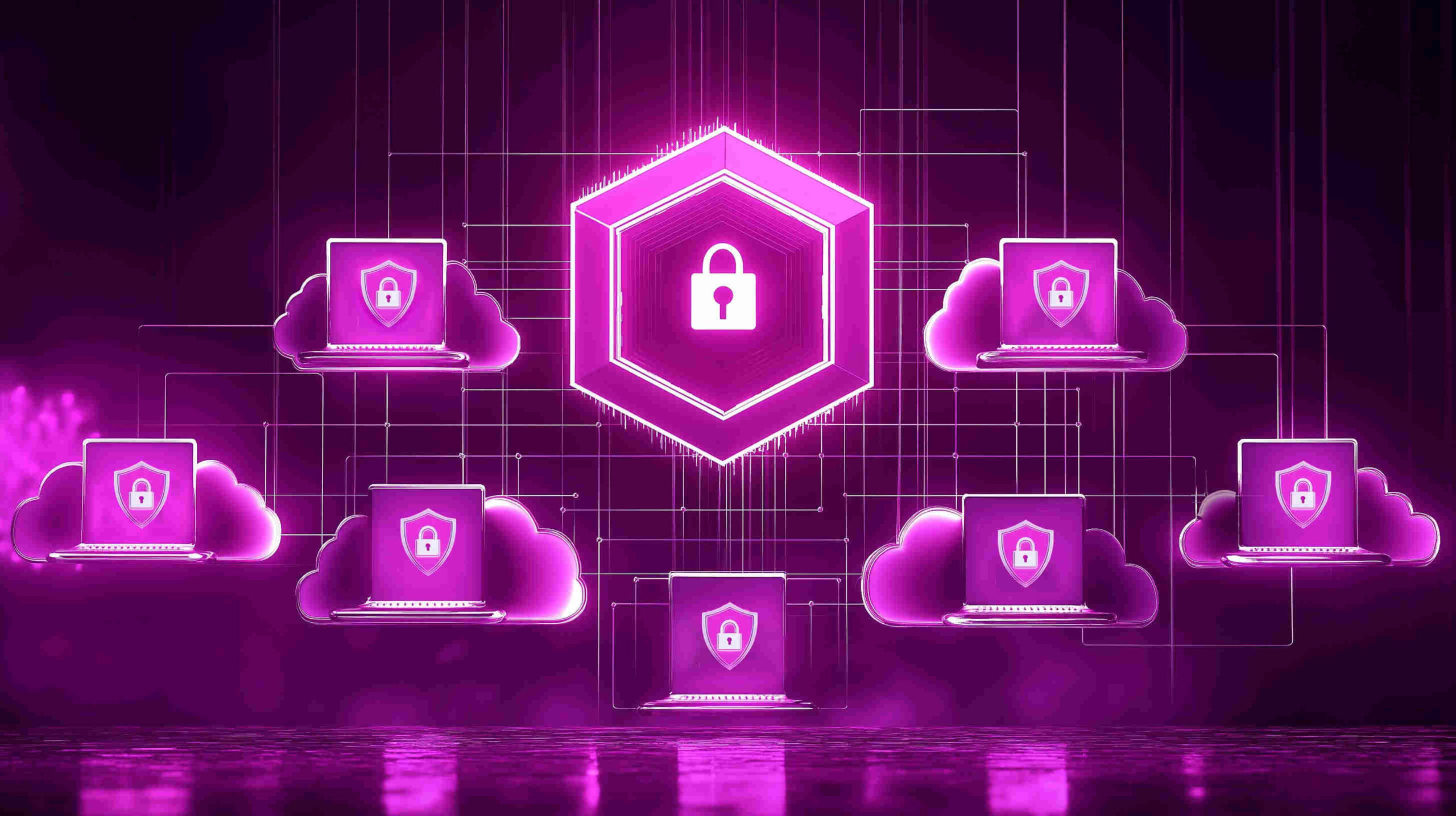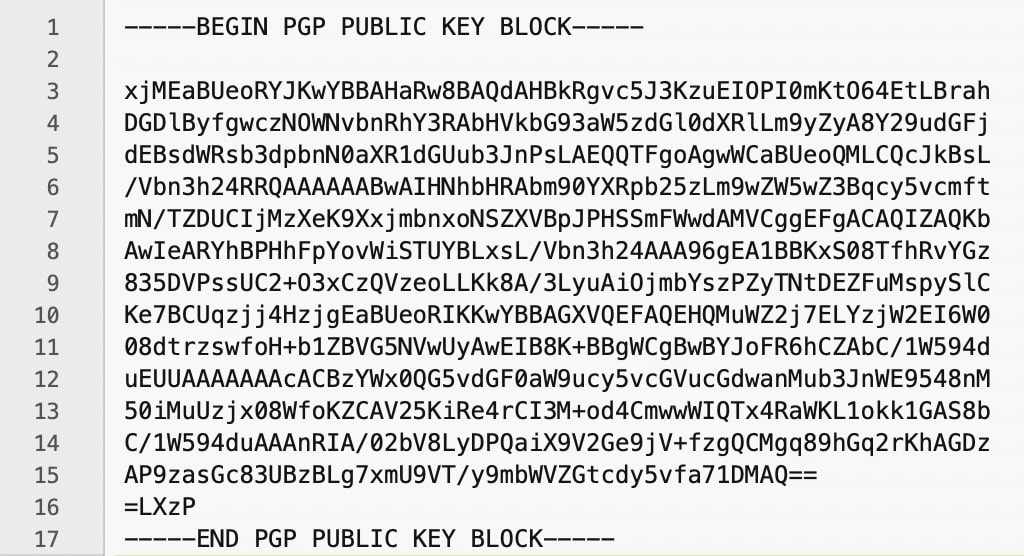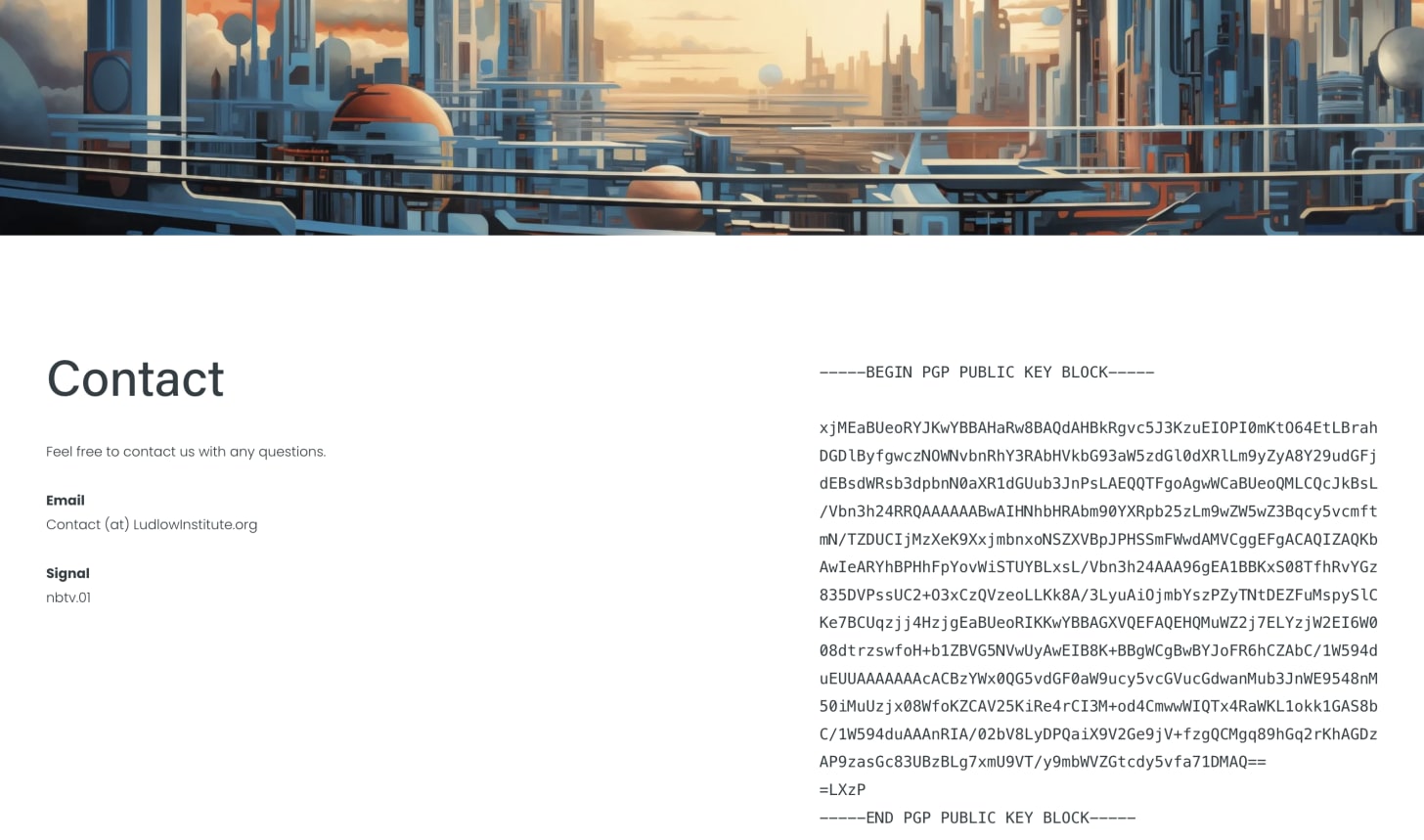Let’s get one thing straight:
Decentralization is not the goal.
The goal is freedom. The goal is autonomy. The goal is human dignity in the digital age.
Decentralization is just one way, often the best way right now, to get us closer to those outcomes.
In a perfect world, we wouldn’t need decentralized systems. If governments weren’t able to pressure companies into silence, or force them to hand over your private data… if corporations weren’t constantly monetizing your every move… if centralized platforms could be trusted to operate in the interest of users… then maybe centralized systems would be fine.
They’re efficient. They reduce friction.
There’s no denying the impact these platforms have had. They connected the world. They brought billions of people online, enabled global communication, and revolutionized how we share ideas and build movements.
But they also created new dangers.
We now live in a world where control over your data is a leverage point for power. Where a single company can unilaterally decide what speech is acceptable. Where massive data breaches happen regularly because your life is stored in one convenient server.
Centralized systems have become centralized vulnerabilities.
And so, decentralization has emerged, not as an ideology, but as a solution. A way to take some of that power back. A way to distribute risk, enable resilience, and restore individual choice.
A brief history of the web
We’ve lived through three major internet eras so far:
- Web 1.0: The early internet was made up of static websites, self-hosted pages, and personal blogs. There were no algorithms deciding what you saw. Just raw HTML and a whole lot of freedom. It was gloriously messy, decentralized, and user-owned.
- Web 2.0: Then came the rise of centralized platforms. Facebook, YouTube, and X (formerly Twitter) made publishing easy and social. These platforms helped bring billions of people online, but at a cost. In exchange for convenience, we gave up control. Our data became trapped in platforms we couldn’t leave. Surveillance and censorship scaled. Cloud storage followed the same trend: easy access, but centralized vulnerability.
- Web 3.0: Now we’re entering a new era. One that takes the best of both worlds. We’re combining the usability and scale of the modern internet with decentralized protocols that restore individual control. We no longer need to be locked into platforms or ecosystems. We can own our data, preserve our identity, and move freely between services. This isn’t just a return to the past. It’s a leap forward. A better model is finally being built.
Why decentralization matters
It’s not that decentralization is inherently good — it’s that centralization has made us vulnerable. The Web2 world comes with serious problems:
- Targeted control: A government only needs to pressure one company to censor millions.
- Censorship: Say the wrong thing and get kicked off a platform. Poof, your voice disappears.
- Data monopolies: Corporations collect and sell your personal information because they control the servers and the systems. This includes cloud storage. Your private documents, photos, and messages are often just a policy change or government request away from being inaccessible.
- Lock-in: Your content and identity are trapped on whatever platform you chose. You don’t own anything.
Decentralized systems distribute that risk.
They make it harder to shut things down. Harder to surveil everyone at once. Easier to move, fork, remix, or migrate without losing everything in the process.
They don’t guarantee freedom, but they make it harder to take freedom away.
The protocols powering the shift
The movement toward decentralization is about changing the foundation of how the internet works. Here are some tools leading the way:
Decentralized storage: Keeping files online without a single gatekeeper
Right now, most of our files — photos, documents, backups — live in cloud services owned by a handful of big companies. That means those companies decide how long your files stay online, who gets access to them, and whether they get deleted, censored, or handed over to someone else.
Decentralized storage flips that model.
Instead of uploading your files to a single company’s server, decentralized storage lets you store data across a network of independent operators. Sometimes your file is split up and distributed across many nodes. Other times, it's stored as a whole on a specific server, but that server is part of a peer-to-peer network, not a centralized platform. Either way, no single company controls access to everyone’s data, which makes your data more resilient and less vulnerable to censorship or loss.
- IPFS helps you share files in a way that doesn’t depend on one website or server. If anyone on the network has a copy of the file, you can still access it.
- Filecoin is a network where people get paid to store your files securely. You choose how long your files should be kept, and the system ensures they’re really there.
- Arweave is focused on long-term storage. You pay once, and the goal is to keep your data online for decades. It’s especially useful for archiving important documents and creative work that needs to be preserved.
Decentralized social media: You keep your identity, even if the app changes
Traditional social media apps own everything: your account, your posts, your followers. If they ban you or shut down, everything’s gone.
Decentralized social platforms are trying to change that. They separate your identity and content from the app you use. That way, if one app disappears or kicks you off, you can just log into another app and pick up where you left off.
- Mastodon is like Twitter, but instead of one giant site, it’s made up of many smaller communities. Each one sets its own rules, but they all talk to each other.
- Bluesky is building a system where your posts and followers stay with you, not the platform. If you don’t like the app you’re using, you can switch without losing anything.
- Nostr is a protocol that’s decentralized by design. It uses cryptographic keys instead of usernames, and many apps integrate with Bitcoin’s Lightning Network for tipping.
This is just the beginning: There’s decentralized finance, decentralized search, decentralized governance, even decentralized AI. This new world of possibilities is just opening up. And the more we explore what it has to offer, the better it becomes.
We may be frustrated at the current state of the internet, but we’re entering an entirely new era. And I think things can become radically different. We have to keep exploring, building, and supporting this tech.
Beyond storage and social
It’s not just your files or your feeds. Trust in centralized systems is eroding everywhere.
From messaging apps quietly backdoored, to identity systems that can cut you off without appeal, to governments and corporations that leak your most personal data into the hands of criminals, it’s no surprise people are looking for alternatives.
We’ve seen government ID databases, health systems, and credit agencies breached, with entire identities dumped onto the dark web. Names, locations, biometrics. Everything needed for fraud. Lost because it was all stored in one convenient place.
That’s why decentralized tools have gained momentum. They don’t promise perfection, but they offer a way to reduce risk, reclaim control, and opt out of systems that keep failing us.
Encrypted messaging. Self-owned identities. Private money. Anonymous search. Community-led governance.
People aren’t waiting for permission. They’re choosing systems that put them back in charge.
Takeaways
- Decentralization is not a rejection of structure. It’s a rebalancing of control.
- The goal isn’t to replace everything. It’s to diversify what’s possible.
- You don’t have to go all in. You can start with just one tool, one switch.
- Sometimes the most powerful thing is knowing how something works, and choosing better.
Dive in and try out some of these bourgeoning systems. A lot of them a really early stages — We may not get everything right on the first try, but if we keep moving forward, we can build a radically different internet.
Yours in privacy,
Naomi








